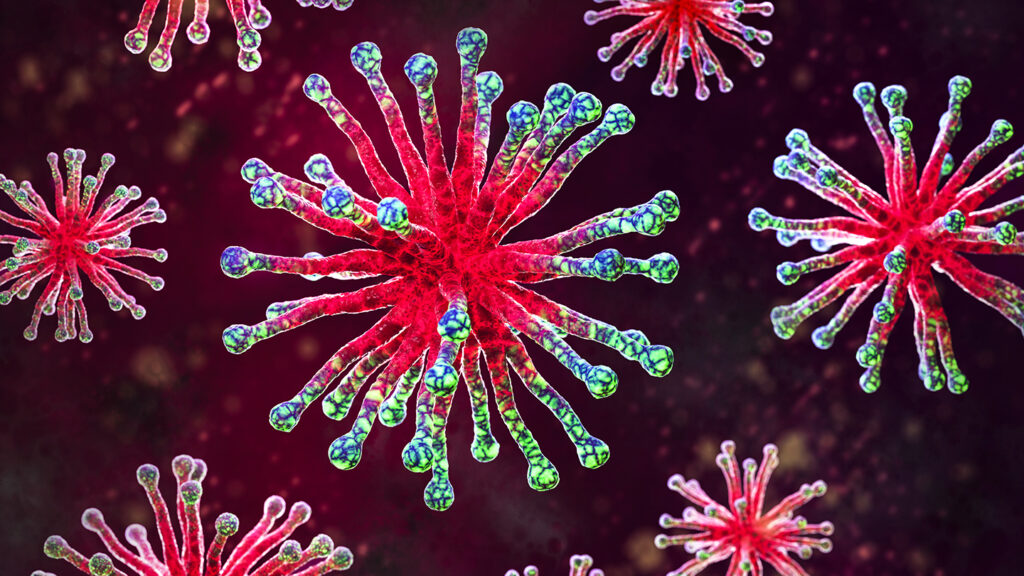

Artificial intelligence can be an important component of surveillance against infection outbreaks in healthcare settings, researchers have found.
The implications could have significant ramifications. Approximately 1 million to 3 million infections occur each year in long-term care facilities such at nursing homes, skilled nursing facilities and assisted living communities, according to the Centers for Disease Control and Prevention.
The new study looked at how AI could identify cases of healthcare-associated infections, or HAI.
When given clear information about a person’s symptoms and context, AI was correctly able to identify the condition, researchers found.
There was a significant caveat, however: The input from clinicians or caregivers needed to be precise, because any missing information led to poor AI-generated results. In addition, the AI was confused by abbreviations, special characters and dates in number format.
“Our results are the first to demonstrate the power of AI-assisted HAI surveillance in the healthcare setting, but they also underscore the need for human oversight of this technology,” lead author Timothy L. Wiemken, PhD, said in a statement. “With the rapid evolution of the role of AI in medicine, our proof-of-concept study validates the need for continued development of AI tools with real-world patient data to support infection preventionists.”
The findings about AI’s limited ability to contextualize patient symptoms are similar to recent research that found AI showed promise in creating post-hospital discharge notes, but currently makes too many serious errors, McKnight’s reported this week.


